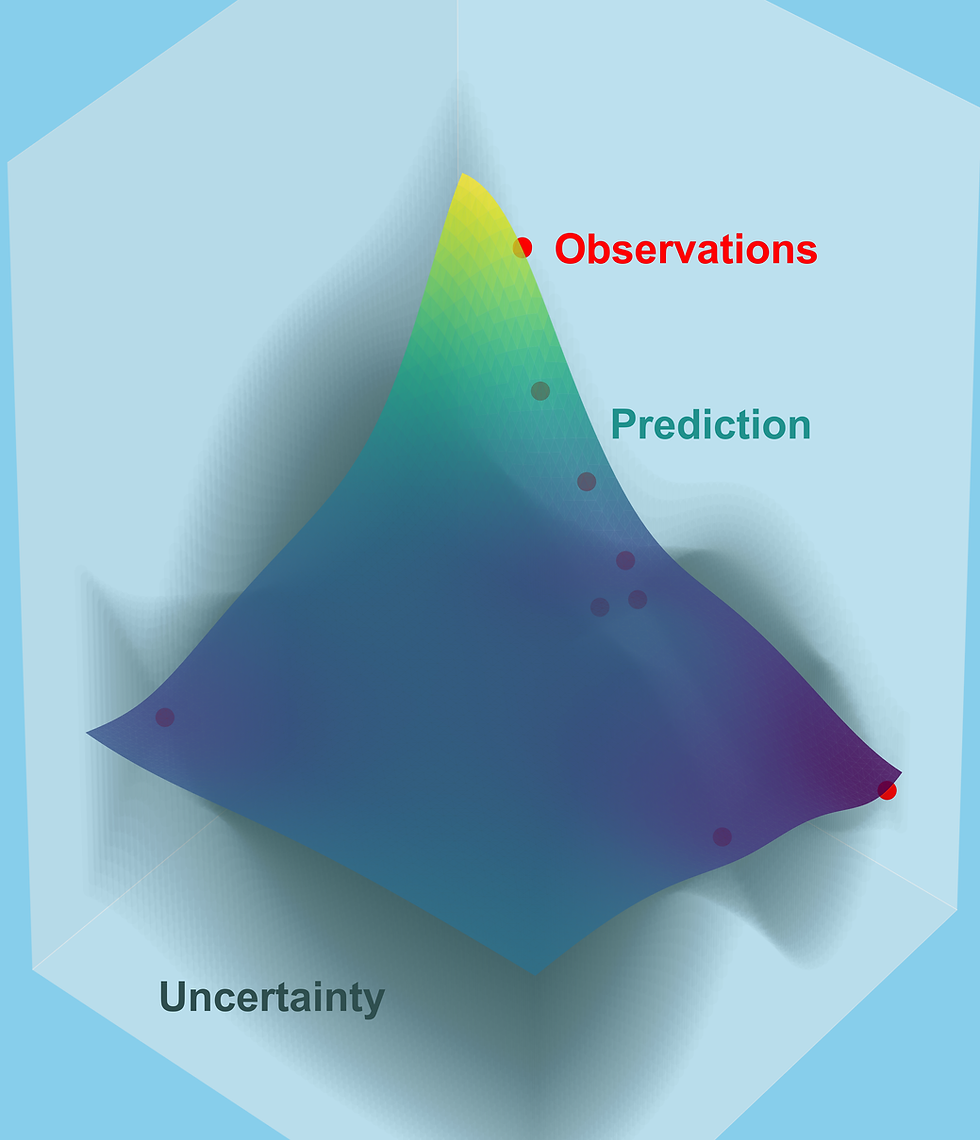Topic: Smart systems engineering contributing to the whole life cycle of material discovery and a net-zero future.
Speaker: Assoc. Prof. Xiaonan Wang (Department of Chemical Engineering, Tsinghua University, Beijing).

We're super delighted to announce our next speaker, Assoc. Prof. Xiaonan Wang from Department of Chemical Engineering, Tsinghua University, Beijing, to bring us:
“Smart systems engineering contributing to the whole life cycle of material discovery and a net-zero future”
Abstract
Facing the pressing environmental and climate change challenges, novel approaches are needed for sustainable development towards a carbon-neutral future. The emergence of big data analytics, internet of things, machine learning (ML), and general artificial intelligence (AI) provide enormous smart tools for processing complex data and information generated from experimental and computational research, as well as industrial applications, which could revolutionize next-generation research, industry and society. The potential contribution of ML combined with big data to energy and environmental is worth of investigation. In this talk, an overview of multi-scale smart systems engineering approaches and their applications in crucial domains of energy and environment management will be first given. Our recent developments of ML models and data-driven optimization will be demonstrated via a series of use cases, e.g. machine vision and AI automated molecular imaging, active learning guided sensor development and applied ML for prediction of CO2 adsorption and separation. The design, operation and management of multi-scale systems with enhanced economic and environmental performance are then presented. Finally, opportunities, challenges, and future directions of smart energy and environment management faced by the pressing sustainable development and carbon-neutrality targets are discussed.
Bio
Dr. Xiaonan Wang is currently an associate professor in the Department of Chemical Engineering at Tsinghua University. She received her BEng from Tsinghua University in 2011 and PhD from University of California, Davis in 2015. After working as a postdoctoral research associate at Imperial College London, she joined the National University of Singapore (NUS) as an assistant professor since 2017 and became an adjunct associate professor. Since September 2021. Her research focuses on the development of intelligent computational methods including multi-scale modelling, optimization, data analytics and machine learning for applications in advanced materials, energy, environmental and manufacturing systems to support smart and sustainable development. She is leading a Smart Systems Engineering research group at NUS and Tsinghua of more than 20 team members as PI and also a program leader lead of the Association of Pacific Rim Universities (APRU)’s Sustainable Waste Management Program. She has published more than 100 peer-reviewed papers, organized and chaired several international conferences, and delivered more than 50 presentations and invited talks at conferences and universities on five continents. She is an editorial board member of 10 SCI journals e.g. Applied Energy, ACS ES&T Engineering. She was recognized as an AIChE-SLS Outstanding Young Principal Investigator, Young Researcher Award for Engineering Sustainable Development, IChemE Global Awards Young Researcher finalist and selected for Royal Society International Exchanges Award, as well several best paper awards at IEEE and Applied Energy conferences and journals. She has been involved in the Accelerated Materials Development for Manufacturing programme in Singapore since 2018 and contributed the machine learning and data analytics expertise, while delivering a series of education workshops.
Very much looking forward to the seminar – hope to see you all on Wednesday: (SGT) 9am, Wed, 29 September 2021!
Warmest regards,




